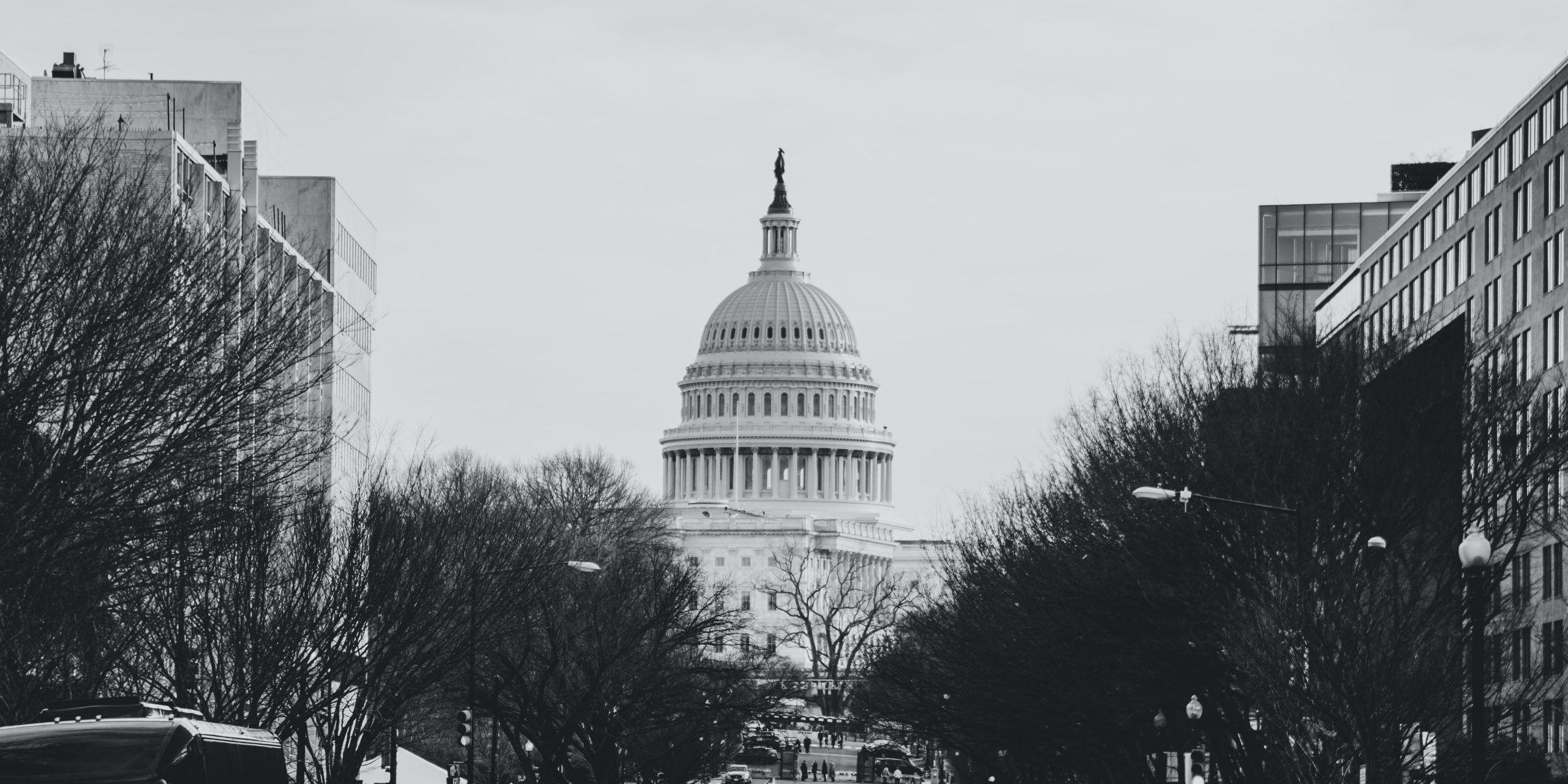Sitting through a seemingly endless stream of Zoom calls, virtual happy hours, and the occasional phone call – it’s clear that life as we know it has changed quite dramatically in the last 30 days. We’ve all adjusted our workflows, thrown out our social calendars, and put off our vacations in order to help keep everybody safe and healthy. What is truly at risk was made clear when we all learned that Utah’s own Representative Ben McAdams had tested positive for COVID-19 and was promptly hospitalized. Luckily, and with the tireless support and care of our dedicated healthcare providers, Rep. McAdams appears to be on the mend and out of the hospital. But this leads me to ask, why is Congress still not able to work remotely when seemingly everybody else can?
Why does Congress mandate that members from all over the country travel to Washington D.C. regularly to do something as simple as conduct meetings, write laws, and then vote on those laws? While I’ve never written a law, surely it doesn’t require every member to be physically present. With software like Google Docs or Microsoft Sharepoint, the rest of the country can pass documents back and forth all while collaborating with their fellow co-workers. Skype was initially released in 2003 and with the continued development of telecommunication platforms, the entire Better Utah team for example, can conduct weekly–even daily–meetings without any real forethought or complex planning.
Technically speaking, remote working in the capacity that Congress would do it, has reached a level where the vast majority of white-collar workers were able to immediately start working from home four weeks ago. Workers in our court systems, our higher education systems, and even our healthcare systems were able to stay home and stay safe almost overnight. And yet because of outdated rules stipulating in-person voting, Congress forced its members back to Washington D.C. to cast a vote putting all the Representatives, Senators, staff members, and their family members at risk.
Imagine setting up an office in Maryland but living in Utah. You’d have two offices, you’d need two places to sleep at night, and you’d need to commute back and forth between at least two states, usually by airplane. On the weekends, you’d be a Utahn. The rest of the time, you’d be an interloper. You’d actually spend less time in the communities you were tasked with representing and more in communities you have no responsibility for, making listening to constituents and engaging with them much harder than it should be. An extra house means you’d take needed housing options away from D.C. residents and help keep housing prices high. Your commute back and forth would fill Utah skies with unneeded pollution, and you’d increase overall greenhouse gas emissions with the constant air travel.
Instead, let’s envision a Congress where each member has one office in the community they represent, they have one house, they have more time to listen and respond to specific requests, and they contribute less to climate change. They could even ride public transportation to work! We can utilize the technology that already exists, the technology that will undoubtedly be invented in the future, and the systems we already have in place to let Congress draft laws, discuss legislation, and vote on critical bills from the very communities they were appointed to help. No other person would have a better feel for what was happening in their community than the members of Congress. In fact, Rep. Swalwell from California has already proposed legislation to permit remote voting on some legislation in an effort to keep things moving and keep people safe. We just really don’t need to require congress members to travel to Washington D.C. to cast an electronically recorded vote on what a post office in rural Utah will be called, all while broadcasting that vote on C-SPAN for the benefit of their constituents back home.
Pat Thompson is the tech manager for Alliance for a Better Utah.


